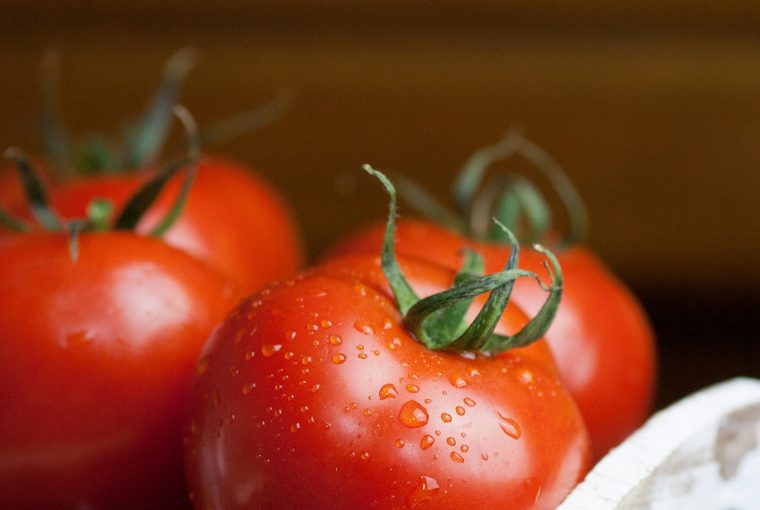Bee Tomatoes: Harnessing Nature for Better Agriculture

In agriculture, blending natural methods with modern practices can lead to impressive results. “Bee tomatoes” are an excellent example of how natural pollination by bees can significantly benefit farming. This approach improves “pollination,” increases “yield,” supports “sustainable agriculture,” contributes to the “ecosystem,” and enhances “natural fertilization.” Let’s explore how bee tomatoes offer a natural solution for enhancing agricultural productivity and environmental health.
Pollination: The Power of Bees
“Pollination” is a vital process in the life cycle of plants, especially for fruit-bearing crops like tomatoes. Bees play a crucial role in this process by transferring pollen from one flower to another as they forage for nectar. This transfer of pollen enables the fertilization needed for fruit development. For bee tomatoes, natural pollination by bees ensures that more flowers are fertilized, leading to better fruit set and healthier plants. Unlike artificial methods, bee pollination is a natural and efficient process that reduces the need for human intervention and chemical inputs.
Yield: Increasing Tomato Production
One of the most significant advantages of using bees for pollination is the positive impact on “yield.” When bees pollinate tomato plants, the result is a higher number of fruits per plant, as well as improved fruit quality. Bee-pollinated tomatoes tend to be larger, more uniform, and have better flavor. This increase in yield is beneficial not only for the farmer’s bottom line but also for consumers who receive better-quality produce. By leveraging the natural behavior of bees, farmers can boost their tomato production in an eco-friendly and sustainable way.
Sustainable Agriculture: A Greener Approach
“Sustainable agriculture” aims to produce food in ways that preserve environmental resources and support long-term agricultural productivity. Bee tomatoes align perfectly with this goal. By relying on natural pollination, farmers can reduce their dependence on synthetic fertilizers and pesticides, which are often harmful to the environment. Bees help create a balanced ecosystem where plants thrive without the need for excessive chemical inputs. This approach not only supports healthier crops but also protects soil and water quality, making it a cornerstone of sustainable farming practices.
Ecosystem: Supporting Biodiversity
The health of the “ecosystem” is closely linked to the presence of pollinators like bees. When bees are involved in the agricultural process, they contribute to the overall biodiversity of the environment. By supporting bee populations, farmers help sustain a wide variety of plant species, which in turn supports other wildlife that depends on these plants for food and habitat. Bee tomatoes, therefore, play a role in maintaining a balanced ecosystem, where biodiversity flourishes and natural processes are allowed to thrive. This balance is essential for the long-term sustainability of agricultural systems and the environment as a whole.
Natural Fertilization: Enriching the Soil
While bees are primarily known for their role in pollination, they also contribute indirectly to “natural fertilization.” Healthy, well-pollinated plants tend to produce more organic matter, which enriches the soil as it decomposes. This organic matter improves soil structure, increases its fertility, and reduces the need for synthetic fertilizers. By promoting natural fertilization processes, bee tomatoes help maintain healthy soils, which are vital for sustainable crop production. This approach not only benefits the current crop but also ensures that the soil remains productive for future planting cycles.
Conclusion
Bee tomatoes demonstrate how natural processes can be harnessed to improve agricultural productivity and sustainability. Through effective pollination, increased yield, support for sustainable agriculture, ecosystem balance, and natural fertilization, bee tomatoes offer a comprehensive approach to farming that benefits both the environment and the economy. By embracing the power of bees, farmers can create a more sustainable, productive, and eco-friendly agricultural system that supports long-term success and environmental health.






